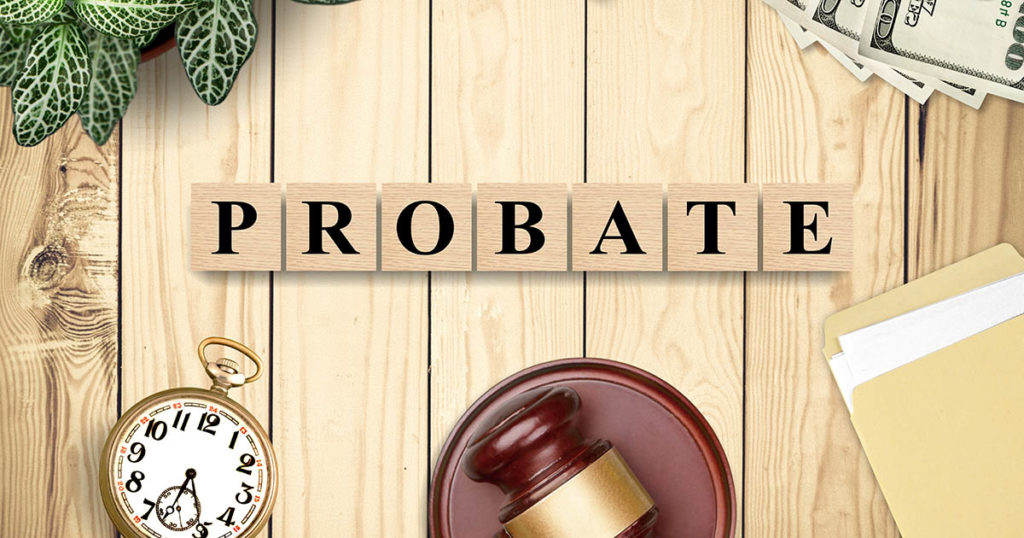Probate Nassau
Office Address: 262 Old Country Road Mineola, New York 11501
Surrogate: Hon. Margaret C. Reilly
Maeve J. Ryan, Esq., Law Clerk 516-493-3801
Clerk’s Office Phone: 516-493-3805
Lori Muscarella, Secretary
516-493-3801
Fax:516-493-3382
Email: Nassausur.probate@nycourts.gov
Court Web site: LINK
Directions to court: LINK
Probate Nassau
Often asked questions:
What does “Probating an estate” mean?
Why is Probate Necessary?
What is a will?
When and where does a will get filed?
What happens when there is no will?
How do I search for an official record?
Probate is a legal process that occurs after a person’s death to validate their will (if they have one), settle their debts and taxes, and distribute their assets to the rightful beneficiaries. This process is overseen by a court and ensures that the deceased person’s wishes are carried out properly, and that their property is transferred to the intended recipients in a fair and orderly manner.
Here’s a detailed breakdown of the probate process:
- Initiation of Probate: The process typically begins by filing a petition for probate in the appropriate court. This is usually done by the executor named in the deceased person’s will, or by a family member if there is no will. The court will then appoint a personal representative, often called an executor or administrator, to oversee the estate’s administration.
- Notification and Asset Inventory: The court-appointed representative must notify all beneficiaries, heirs, and creditors of the deceased’s passing. They will also publish a notice in a local newspaper to alert any unknown creditors. The representative will then gather and inventory all of the deceased person’s assets, including property, bank accounts, investments, personal belongings, and debts.
- Debts and Expenses: Before distributing assets to beneficiaries, the representative is responsible for identifying and paying off the deceased person’s outstanding debts and expenses. This might involve contacting creditors, reviewing bills, and settling outstanding financial obligations.
- Property Appraisal and Valuation: The representative must determine the value of the assets in the estate, which might involve appraisals for properties, businesses, valuable collectibles, and other assets. Accurate valuation is important for tax purposes and for dividing the assets fairly among beneficiaries.
- Tax Filings: The estate may be subject to various taxes, such as estate taxes and income taxes. The representative is responsible for filing any necessary tax returns and paying the applicable taxes from the estate’s assets.
- Distribution of Assets: Once debts, taxes, and expenses are settled, the remaining assets can be distributed to the beneficiaries as specified in the will or according to the laws of intestacy (if there’s no will). The representative must follow the legal guidelines and court orders to ensure a fair distribution.
- Final Accounting and Report: The representative is required to provide an accounting of the estate’s financial activities, detailing all transactions, expenses, income, and distributions. This report is submitted to the court for review and approval.
- Court Approval and Closing: After reviewing the final accounting and any objections from beneficiaries or creditors, the court will approve the final distribution and close the probate case. This signifies that the estate administration process is complete.
Probate can be a time-consuming and potentially expensive process, varying in complexity based on factors such as the size of the estate, the existence of a will, and the presence of disputes among beneficiaries or creditors. To avoid or minimize the probate process, individuals often use strategies like creating living trusts, designating beneficiaries on financial accounts, and structuring their estate plans with careful consideration. Laws regarding probate can vary by jurisdiction, so it’s important to consult with legal professionals familiar with the laws in your area.

 Facebook
Facebook
 X
X
 Pinterest
Pinterest
 Copy Link
Copy Link


